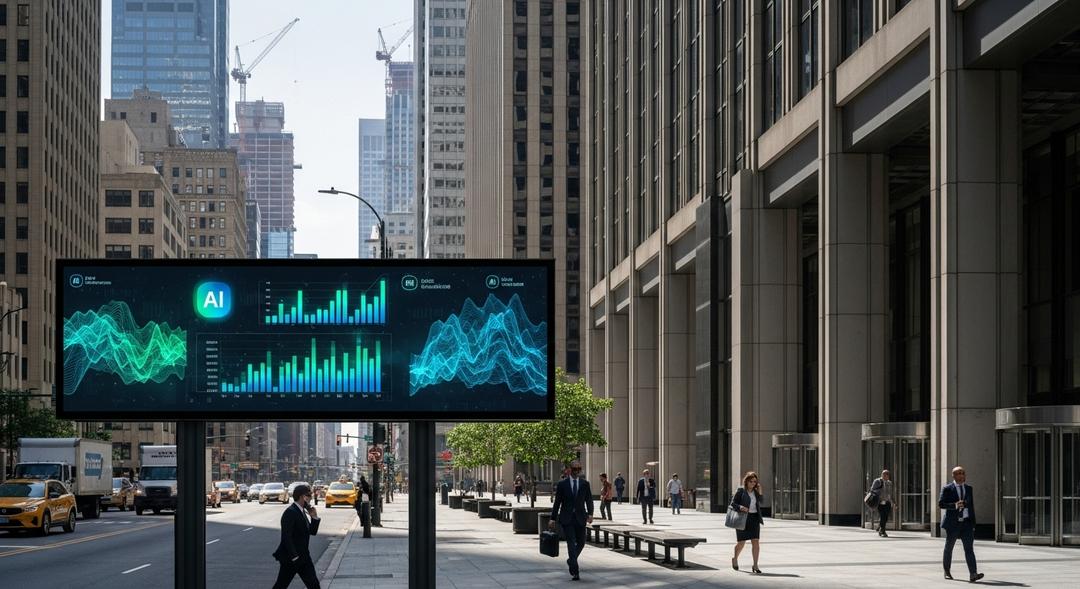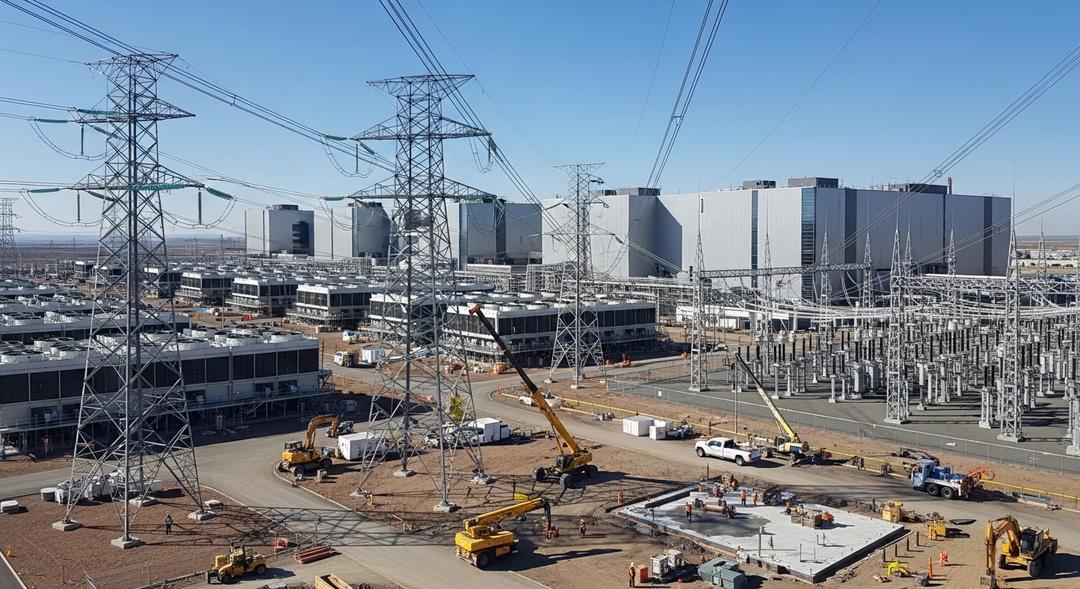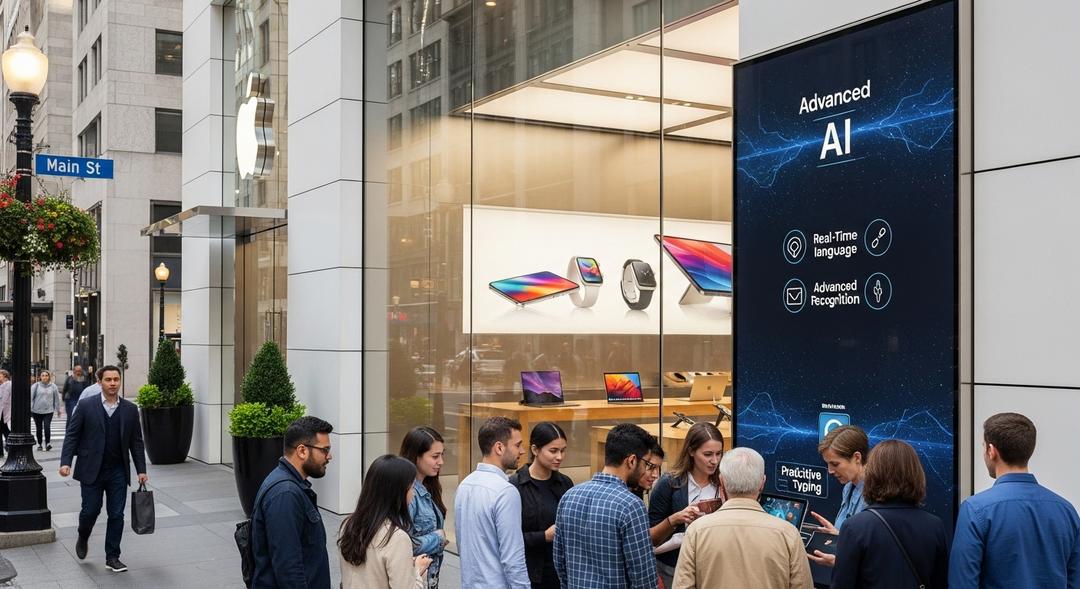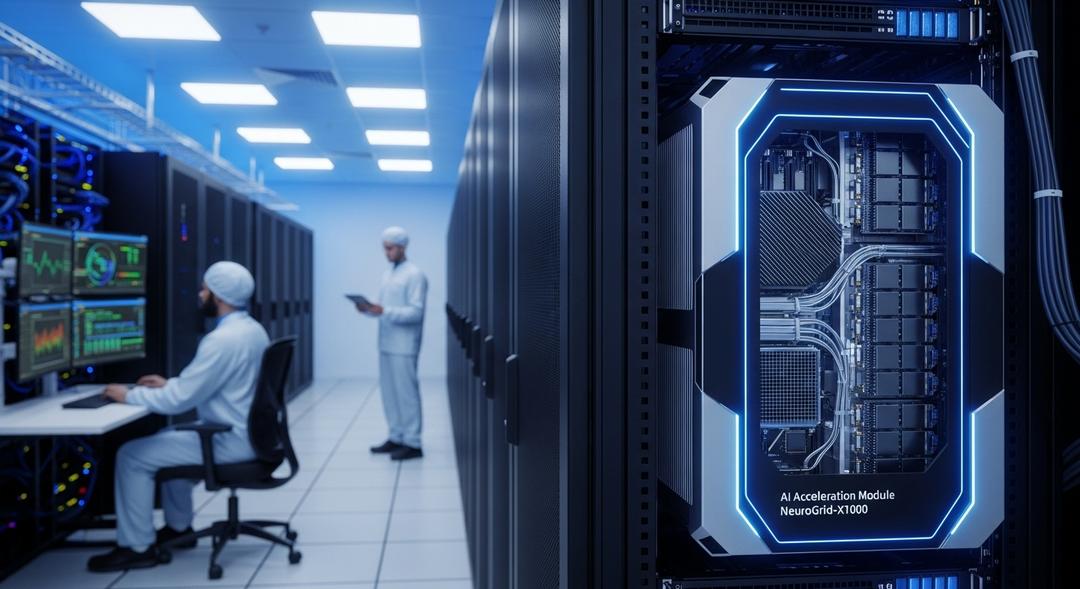A new force is reshaping the American job landscape, and it is not going away any time soon.
Analysts at Goldman Sachs are warning that artificial intelligence could usher in a period of economic growth that leaves workers behind, with productivity gains surging but job creation unable to keep pace.
In the past year, the US economy has shown remarkable strength on paper, but the reality for workers has grown more uncertain. Job growth outside the healthcare field has slipped into negative territory, while more corporate leaders are turning to artificial intelligence as a means to cut expenses.
Those most vulnerable to this shift already feel its pressure, especially young technology workers entering fields deeply entwined with artificial intelligence. Employment in the most exposed industries is declining, and while the effects remain modest in the broader economy, Goldman Sachs suggests that the underlying trends are becoming harder to ignore.
The Uneven Path Ahead for Workers
Goldman Sachs analysts point out that fears about technology displacing workers are nothing new. Previous technological revolutions sparked unease over job security, yet data rarely showed lasting damage. Now, that might be changing. “Over just the last few years, AI does appear to be hurting the employment prospects of the most closely exposed workers,” the analysts wrote.
They explain that the friction workers experience is part of the adjustment process. Temporary pain often gives way to new opportunities, as innovation boosts output and wages. Still, the balance looks precarious. If artificial intelligence remains more focused on replacing labor rather than enhancing it, job markets could struggle to recover as quickly as they have in the past.
Looking back, the early 2000s offered a sobering lesson. After the 2001 recession, technology powered economic gains but hiring lagged badly. Companies used the downturn to permanently shed jobs in less productive areas, not only streamlining costs but sometimes hollowing out entire fields in the process.
Many analysts warn that the next slowdown could reveal the full impact of these trends. Unemployment may spike in middle-income office roles that artificial intelligence can automate, deepening divides between those who can master new technology and those left out.
Some even suggest that the rapid advance of artificial intelligence could reward workers on the lower end of the skill spectrum at the expense of those in mid-level positions. “If AI is mainly labor substituting, it could present a greater challenge to maintaining full employment,” the Goldman report cautioned.
Still, there is one possible benefit. Strong productivity helps keep inflation in check, which could tempt the Federal Reserve to loosen monetary policy. That would mirror patterns from two decades ago, as the central bank lowered rates to fuel recovery even while the job market remained weak.
Recent economic signals have done little to cheer job seekers. Private payrolls shrank by thirty two thousand in September, while new job postings dropped sharply. Even hiring announcements hit levels not seen since the darkest months of the last financial crisis.
Navigating these choppy waters, workers face a world of opportunities transformed—and often, upended—by the advance of artificial intelligence.








